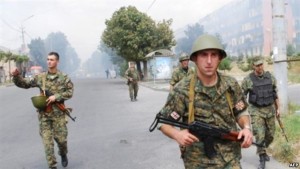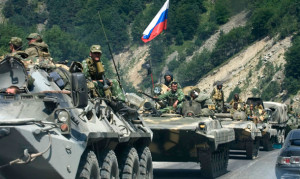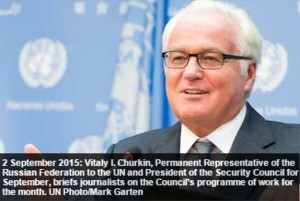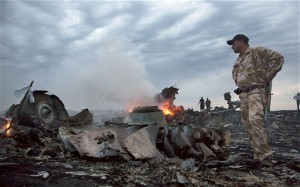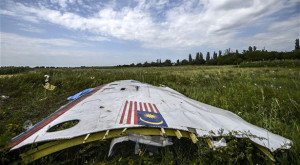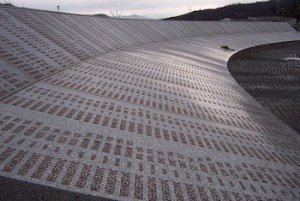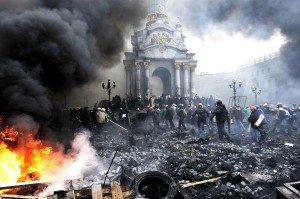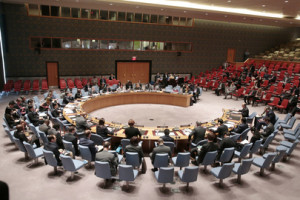Today, Pre-Trial Chamber I of the International Criminal Court (ICC) authorised the Prosecutor to proceed with an investigation for war crimes and crimes against humanity allegedly committed in and around South Ossetia, Georgia, between 1 July and 10 October 2008.
On 13 October 2015, the ICC Prosecutor submitted her “Request for authorisation of an investigation pursuant to article 15” of the Rome Statute, asking for authorization from Pre-Trial Chamber I to proceed with an investigation into the situation in Georgia.
After examining the request and the supporting material, the Chamber concluded that there is a reasonable basis to believe that crimes within the ICC’s jurisdiction have been committed in the situation in Georgia.
Such crimes include crimes against humanity, such as murder, forcible transfer of population and persecution, and war crimes, such as attacks against the civilian population, wilful killing, intentionally directing attacks against peacekeepers, destruction of property and pillaging allegedly committed in the context of an international armed conflict between 1 July and 10 October 2008.
The Chamber also found that potential cases arising out of the situation would be admissible before the Court and that there are no substantial reasons to believe that an investigation would not serve the interests of justice taking into account the gravity of the crimes and the interests of victims.
In a statement following the Pre-Trial Chamber’s decision, the ICC Prosecutor, Fatou Bensouda, said that the timing of the Prosecution request for authorization of an investigation into the situation in Georgia was determined by the pace, and eventually, lack of national proceedings. Until recently, the competent national authorities of both Georgia and Russia were engaged in conducting investigations. However, last year, relevant national proceedings in Georgia were indefinitely suspended, which led to the Prosecution’s request for authorization to investigate.
The Office of the Prosecutor continues to monitor relevant proceedings in Russia, which are still on-going.

